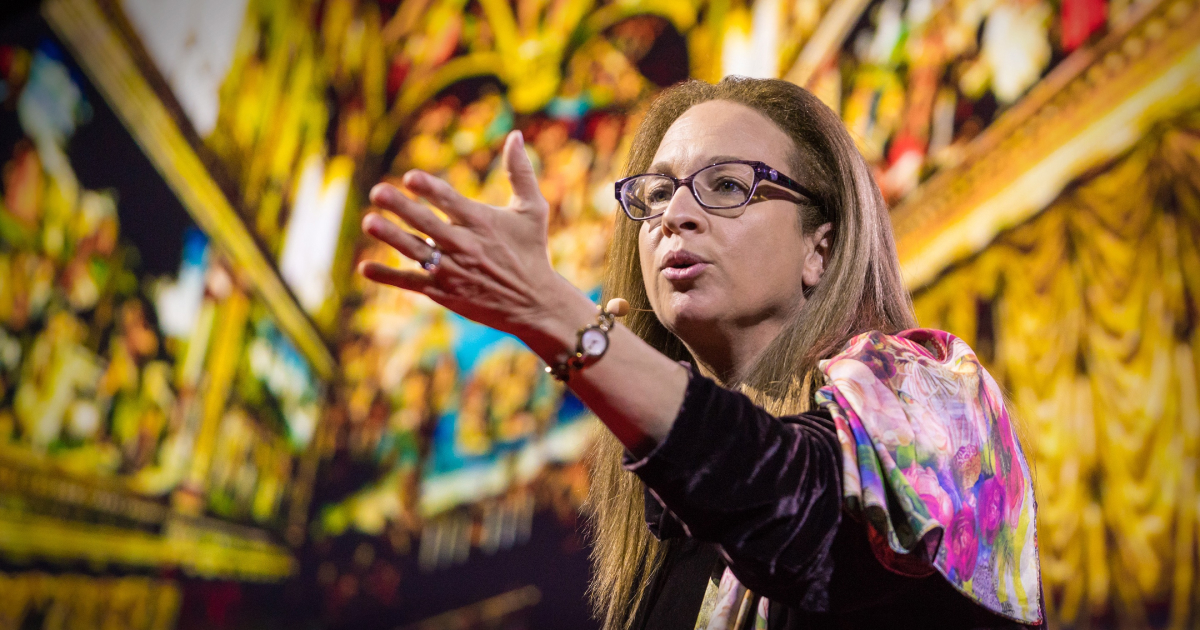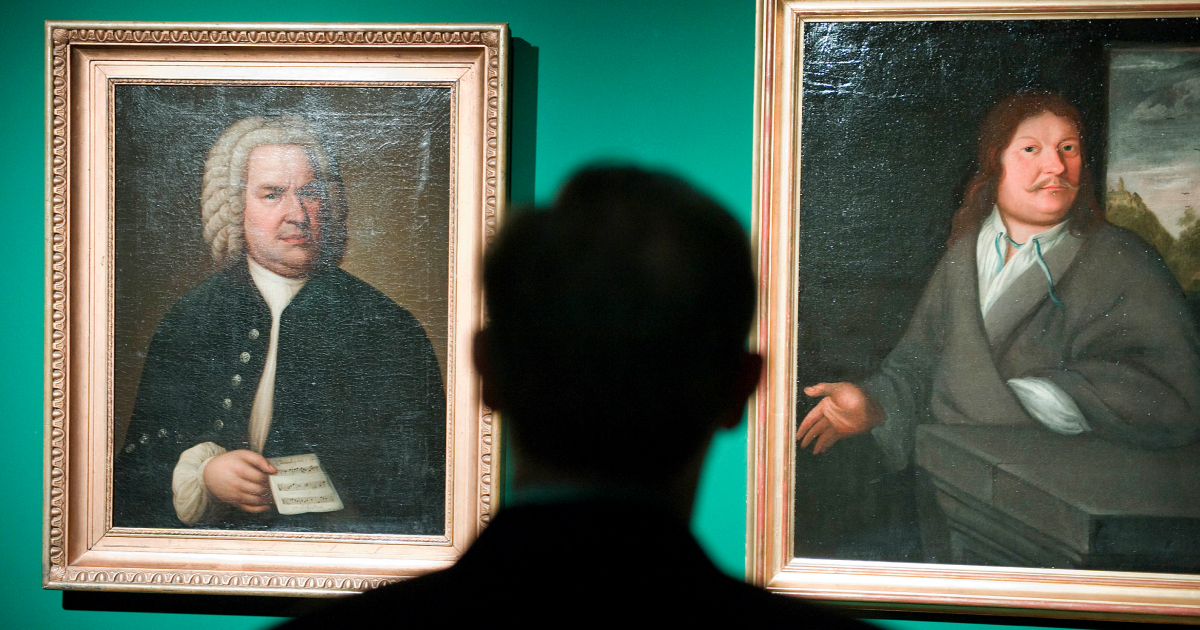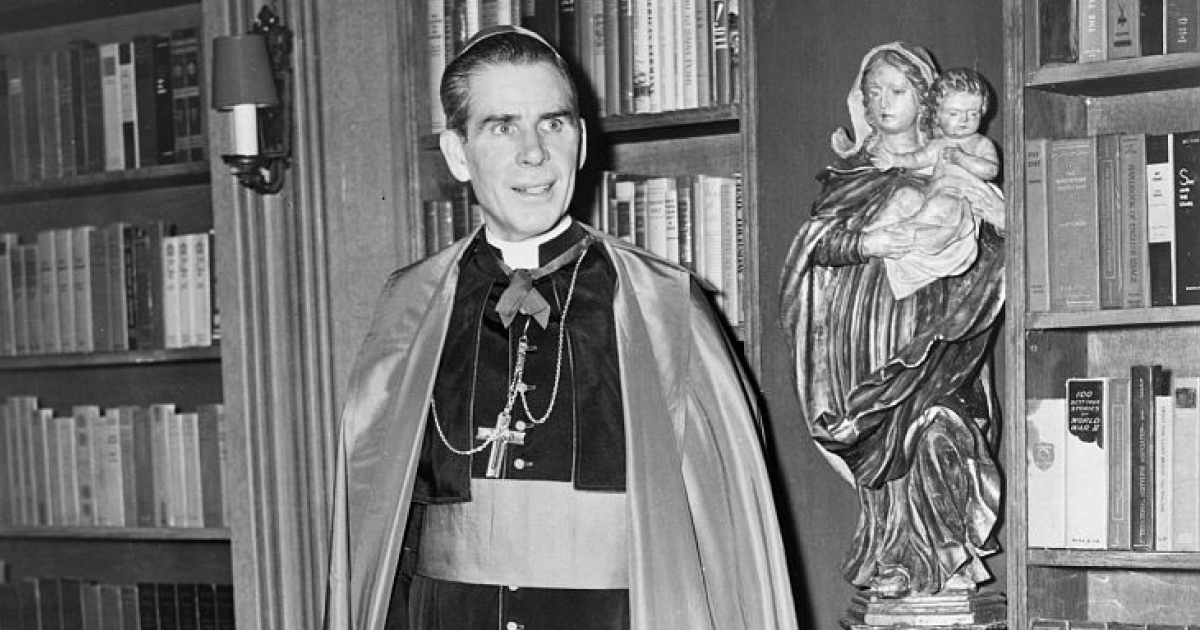For the first time since 2020, the Feast of the Assumption will fall on a Friday.
A central tenet of the Catholic faith, the feast celebrates the belief that the Blessed Virgin Mary, at the end of her earthly life, was taken body and soul into heaven.
A popular belief among early Christians and found in apocryphal texts such as the Book of Mary’s Repose and the Liber de transitu Virginis Mariae, the Assumption appears as a feast in the Eastern Church as the “Dormition of the Virgin” in the 6th century. By the 7th century, during the pontificate of Sergius I, processions were held for the feast, with the date and observance spreading across the Western Church. Pope Leo IV gave the feast a vigil and an octave to solemnise it above all others, Pope Nicholas I placed it on a par with Christmas and Easter, and by the 9th century “Dormition” had been replaced by “Assumption” in some liturgical calendars. In the 18th century, Pope Benedict XIV declared it “a probable opinion, which to deny were impious and blasphemous.”
However, it was not until 1 November 1950, in the Apostolic Constitution Munificentissimus Deus, that Pope Pius XII solemnly declared the Assumption of Mary to be a divinely revealed truth, to be held by all the faithful. The definition stated that “the Immaculate Mother of God, the ever Virgin Mary, having completed the course of her earthly life, was assumed body and soul into heavenly glory.”
Today it is a public holiday in 46 countries, and a partial or regional public holiday in others. It is also a solemnity and one of the ten universal Holy Days of Obligation for the Latin Church, with most Episcopal Conferences — including those in the United Kingdom and the United States — upholding it as such.
With the Assumption falling on a Friday, Catholics may rightly question what this means for their Friday abstinence, as Canon 1251 dictates that “Abstinence from meat or from another food determined by the Episcopal Conference is to be observed on all Fridays.” However, the canon also states that this is only required “unless they fall on a solemnity.” Since the Assumption of Mary is a solemnity, Catholics may enjoy eating meat, regardless of whether the day is a Holy Day of Obligation where they live.
Our Lady of the Assumption: pray for us.





.png)





.jpg)





